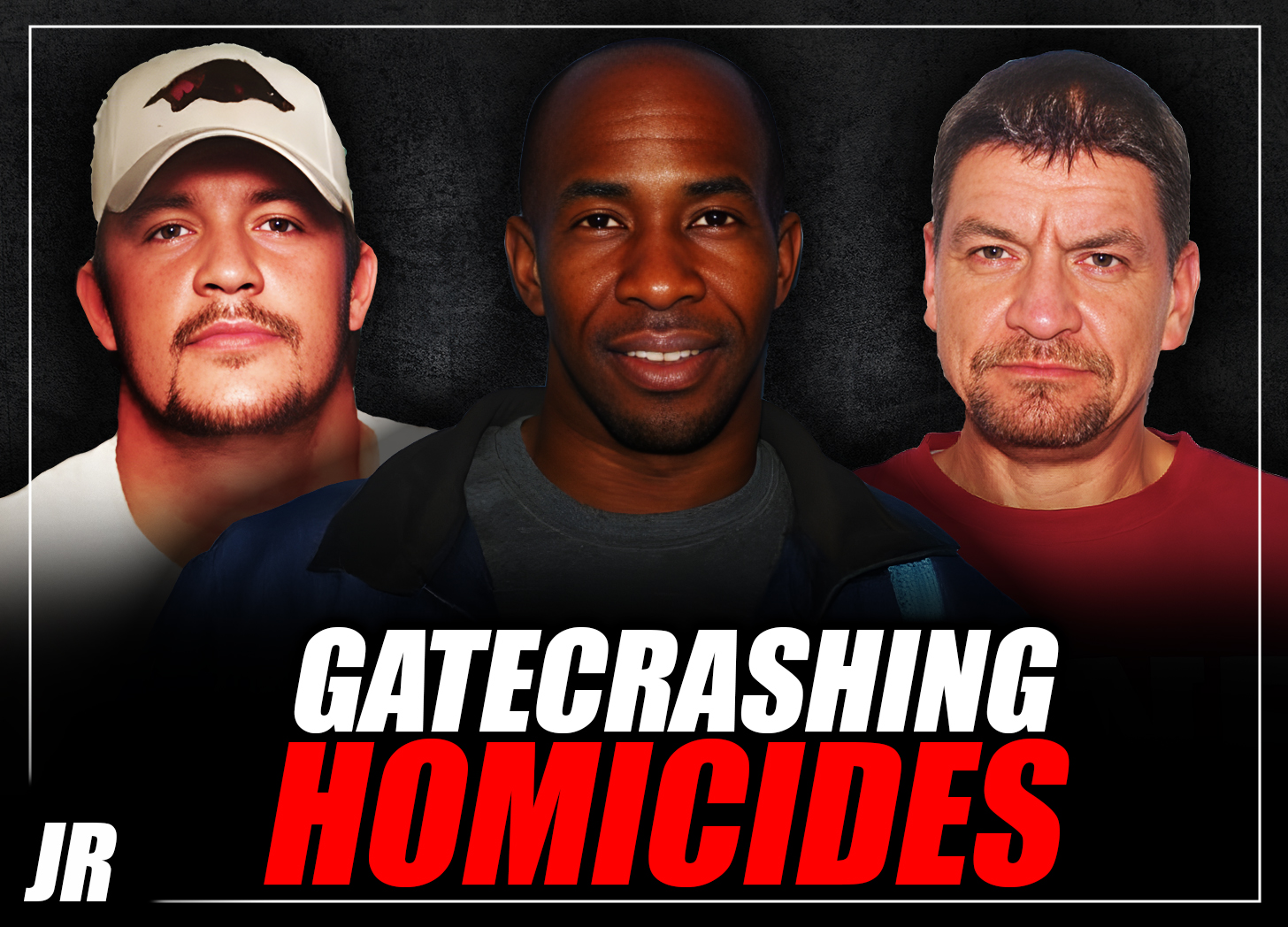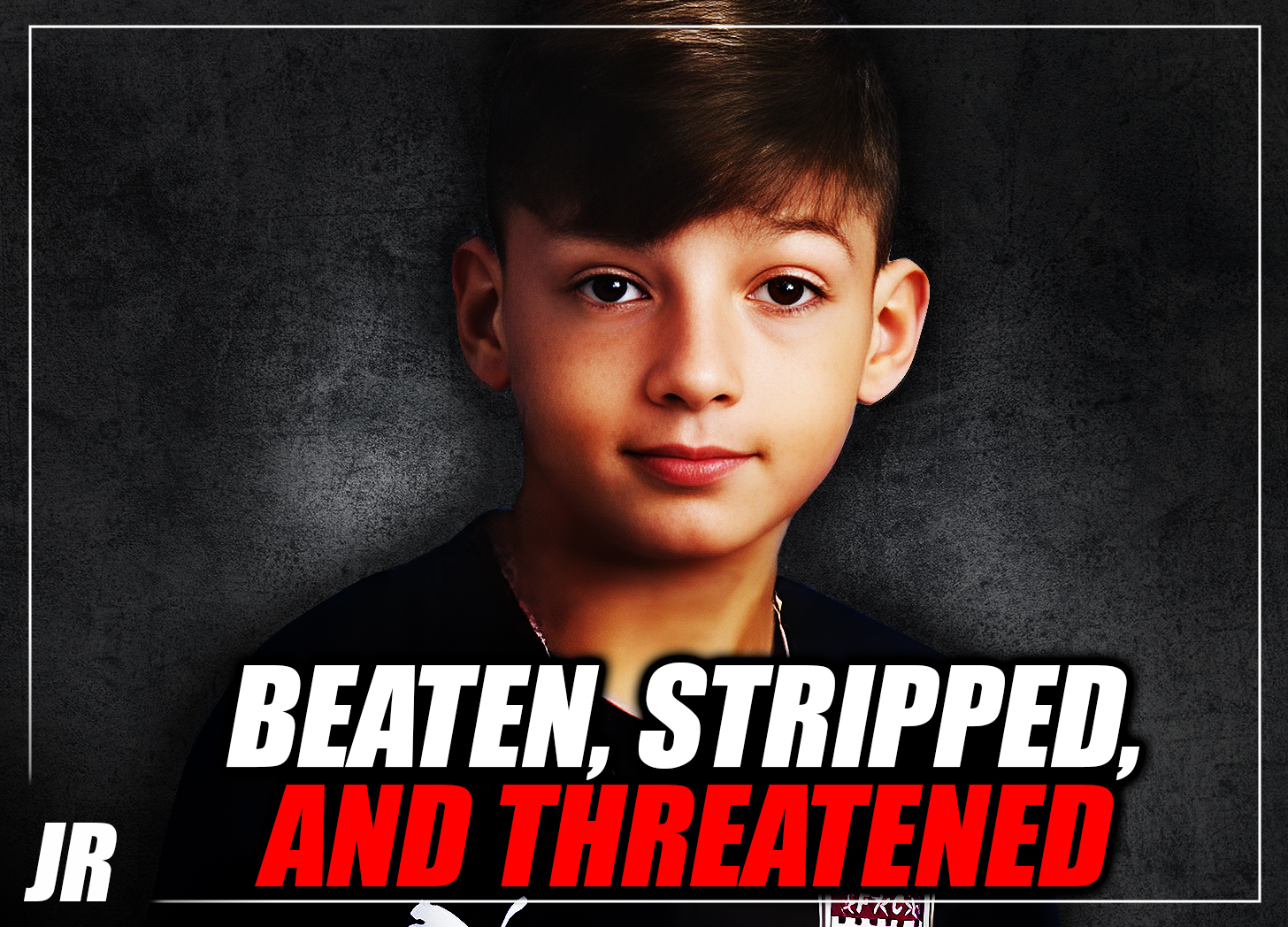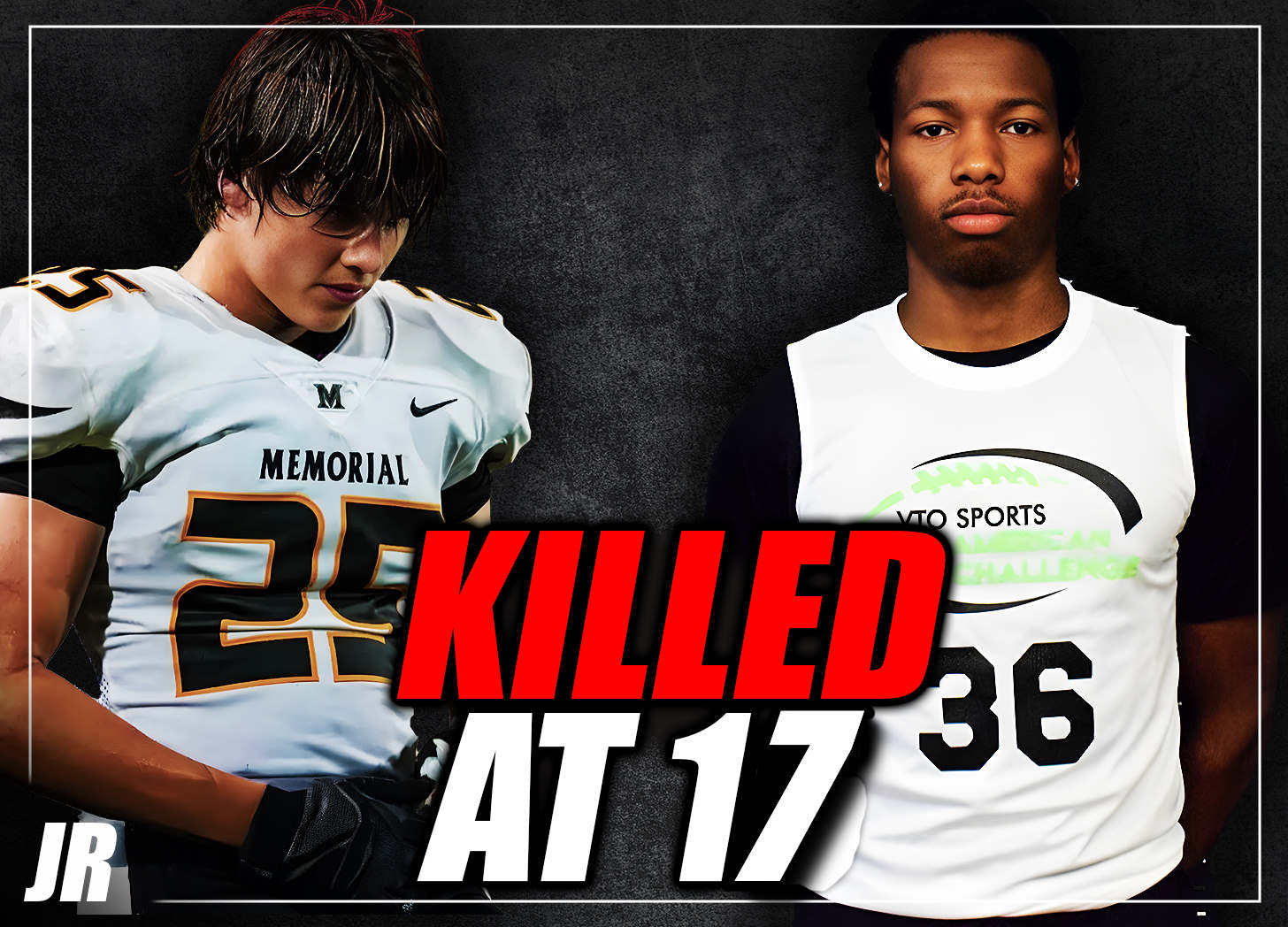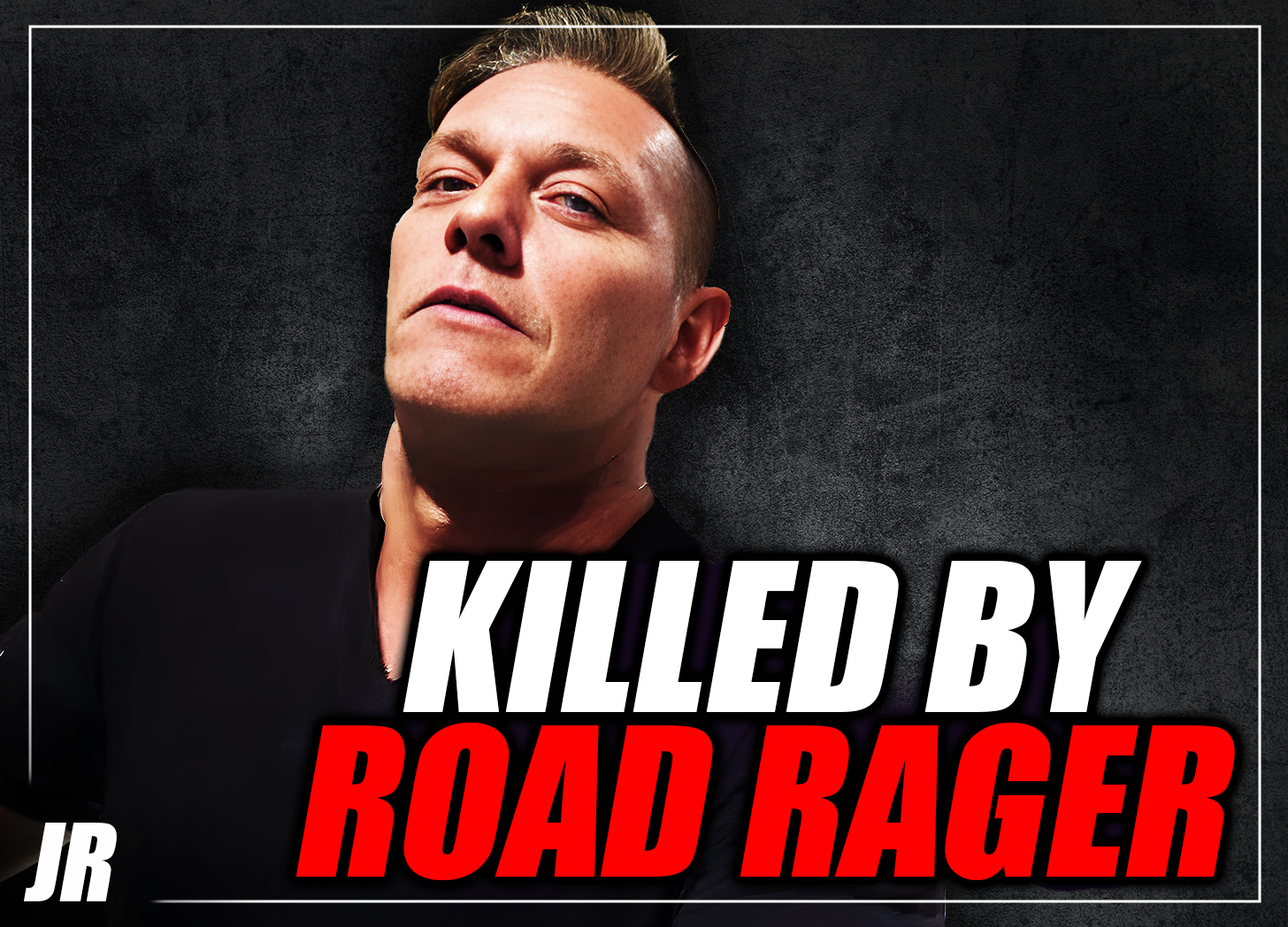By SAM CALDWELL
Waukesha, WI – Yesterday, Darrell Brooks was sentenced to over 1000 years in prison including six mandatory consecutive life sentences at the end of an emotional two-day hearing. Brooks, a Black career criminal, and registered sex offender was convicted of intentionally driving his red SUV through the annual Waukesha Christmas Parade, striking dozens of White spectators and participants. Six White people died, and 61 others were injured as the self-described anti-White terrorist accelerated into the barricaded parade route and veered into crowds for five blocks.
Although the entire sentencing hearing is worth a watch, the Justice Report has decided to compile some of the more significant moments of the hearings as this tragic ordeal finally comes to a bittersweet conclusion.
#1 Brooks’ courtroom disrespect and lack of remorse

To those that have been following the trial, this will come as no surprise. Throughout the entire trial, Brooks played the role of a petulant child, rolling his eyes as victims gave tearful testimonies, arguing with prosecutors and Judge Dorow, and routinely being expelled from the courtroom for refusing to act in accordance with procedure.
During the two days of victim statements, this pattern continued. Brook was ejected from the courtroom multiple times for screaming and lashing out while statements were being made, only to create signs asking to be let back in under the false promise of good behavior. Brooks could be seen laughing as victims remarked on the obvious content of his character, and zoned out often, ignoring the words being spoken as he thumbed through his bible.
“During this trial, you showed no remorse. It makes you look like a monster.”
Jason Peckla
For the first time this entire trial, Brooks finally apologized for his actions, albeit in a cold and curt manner, before quickly moving on to make excuses for his behavior and playing the victim. This behavior was noticed and commented on by many of the victims speaking the past two days, to which Brooks would routinely laugh and shake his head.
#2 The vast physical and emotional injuries
The state produced a list of 45 people to speak but noted that they could have easily had “thousands” make statements due to the wide reach of Brooks’ crimes, stating that the “court is going to be astounded to hear” the nature and extent of the injuries.

Jeff Rogers said the joy of parades is gone for his children said they were now scared of them, that his kids wake up often in the night after hearing noises, not feeling safe because of Brooks.
Parents of friends of Jackson Sparks told stories of how his death had even affected their children.
What does it feel like going to a funeral for a kid your age? I hate that my kids know. I hate that I didn’t get a chance to cheer on my son and Jackson during the baseball season last year. I hate that my son said it was weird having one less teammate.
Jessica Gonzalez
A clarinet player in the Waukesha South Marching Band, who was a senior in high school during the attack, said that she is now scared to leave the house. “I don’t really know how to show my emotions as much anymore” saying that she used to be read “like a book.”
She said she now feels empty inside noting that “even the basics are hard to do.” She now finds it difficult to write, her hands always shake, and she had to relearn how to play her favorite sports with her right foot.

Sasha Catalan Castillo said she wants to move forward, but doesn’t know when the nightmares will go away, stating that this is “definitely not the adulthood I thought I’d be having now.” and that she is “definitely not the same Sasha I was before.”
One parent testified that their children experience terrors, not just at night, but also during the day.
Another victim said they haven’t gotten a restful sleep in nearly a full year, saying they can’t go to downtown Waukesha because they get “physically ill” even thinking about going there. They can’t enjoy sporting events or concerts because they now have hypersensitivity to screaming crowds.
Brooke Sorenson, the granddaughter of slain victim Ginny Sorenson, gave a very emotional testimony off camera as she is a minor.
When first found she was gone I started to cry, and now I cry every night. I missed her so much, and still do today. Darrell Brooks, you took her from me, my sister, and my family. The things you miss the most are not seeing her, her smile, her laugh, being able to talk to her, and doing fun things with her.
My sister and I pray every night for Granny and our family.
Granny, I’ll see you in my dreams.
Brooke Sorenson
#3 The anger of the victims’ families
While most victims spoke of the sorrow they experienced due to Brooks’ actions, many took a different path and rightfully lashed out at Brooks.

Once victim, Kelly Grabow, who was walking in the parade with her daughter Delia, said “I have never felt the hatred for one person like I do for this man, the very man who drove his vehicle into my nine-year-old baby girl.”
The father of Eric and Tyson offered a scathing indictment of Brooks’ demeanor.
You sat there showing no emotions for what you did. You are pure evil. You don’t deserve to see the light of day ever again.
I hope you rot in hell.
Father of Eric and Tyson Dunn
A Waukesha band member called Brooks evil and demanded the firmest sentence possible, while Chris Owen said “all I can ask is that you rot, and you rot slow.”
Dave Sorenson called Brooks an animal and refused to acknowledge him as a person who deserves mercy, saying that life in prison was too kind for him and that his bible won’t help him where he is going.
Taylor Kulich said the only reason Brooks hit the brakes was to get her mom off his hood, and that she can only look forward to the day she hears he is dead in prison.
Another victim whose mother was killed in the attack took the time to lash out directly at Brooks.

It offends me that you’re sitting here breathing while she is not. You are a monster, you deserve contempt and death. Sadly with no death penalty, I can only hope they lock you away so deep the rats chew on your fingers at night.
As for me this will never be over until the day I am pissing on your grave. I think it would be fair to say that for your crimes, even god hates you.
Victim of slain mother [name unknown]
#4 One victim mentioned the lax bail laws that freed Brooks
While Brooks’ anti-White social media posts were never brought up during the entirety of the trial, it was some consolation that one victim did see fit to call out Don Chisholm, the Milwaukee County District Attorney, whose bail reform policies many believe led to Brooks being released onto the streets while already out on bail from a previous violent felony.
He called Chisholm a coward who has hidden from the accountability of his office’s negligence and notes that Chisholm has never addressed this nor apologized to any of the victims of his party in this tragedy.
The victim also mentions Brooks’ grandmother for paying the some just for him to get out on the streets again.
#5 The testimony of Brooks and his family

The state was not the only one to allow people to speak, and Brooks—never being one to miss out on a chance to draw attention to himself—seized this opportunity. Aside from himself, his mother, grandmother, and an old friend spoke on his behalf. Brooks’ mother noted that she didn’t even bother to watch the victim’s statement from the previous day, saying “I just couldn’t. I needed to protect my heart.”
Both his family members quickly jumped to blaming the violent attack on mental illness, citing excuse after excuse of why Brooks wasn’t truly responsible for his actions. Brooks’ mother astoundingly asked, “how about showing some compassion?” She went on to say “jail is not the only answer. Help, treatment, hospitalization, and medication play a big role” and finished by reading the poem “Caged Bird” by Maya Angelou.
#6 The testimony of Sheri Sparks, mother of Jackson Sparks
Without minimizing any of the other victims that spoke over the course of the past two days, the most tragic and emotional testimony came from Sheri Sparks, Jackson Sparks’ mother. She spoke of the horror of finding her son amongst the wreckage, the agony of waiting for emergency services to take him to the hospital, the anxiety of determining his prognosis, and discovering that he wasn’t going to make it.
She talked about how life has changed for her family since Jackson was murdered, and how they’ve been affected and now find it difficult to enjoy even the simple joys that so many families do. She then spoke of how it’s affected her surviving son, also injured in Brooks’ violent attack. He’s now had to adjust to life as an only child, no longer able to play with his brother and chase him around their backyard.
This was the most sobering part of the hearing and a testament to the damage that Brooks did on that day.

Jackson was only 8 years old, he only had 8 years here with us. He was robbed of everything, he will never get to hit a home run, catch frogs with his brother again, meet his wrestling hero … he won’t ask a girl to prom, he won’t go to college, get married or have children of his own. Jackson will never be able to do any of these things, these milestones will never happen.
SHERI SPARKS
For background on Brooks and his alleged anti-White hate crimes, read a summary report by Justice Report’s Jack McKraken. To view the National Justice Party/Media2Rise documentary on Brooks and the Waukesha attack, click here.





















